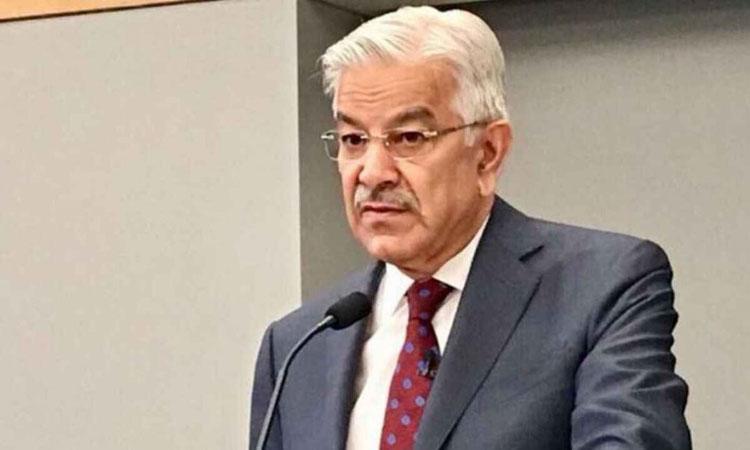

Introduction Pakistan’s Defence Minister recently made a shocking confession that the country is already bankrupt, and selling golf clubs could pay off one-fourth of the debt. This confession has sent shockwaves through Pakistan’s economy and the global community. In this article, we will examine the truth behind Pakistan’s bankruptcy confession and its implications for the country’s economy.
Background and Overview of Pakistan’s Economy Pakistan’s economy has been struggling for years, with high levels of debt and inflation. The country’s GDP growth has been stagnant, and it has been struggling to attract foreign investment. The COVID-19 pandemic further exacerbated the country’s economic challenges, with unemployment rates soaring and businesses closing down.
Pakistan’s Bankruptcy Confession Pakistan’s Defence Minister recently stated that the country is already bankrupt and that selling golf clubs could pay off one-fourth of the debt. This confession has raised concerns about Pakistan’s economic stability and the government’s ability to manage the country’s finances. The statement has also attracted criticism from the opposition, with some accusing the government of incompetence and mismanagement.
The Truth Behind the Confession While the Defence Minister’s confession has caused alarm, it is not entirely accurate. Pakistan’s debt-to-GDP ratio, a key indicator of a country’s financial health, is high but not the highest in the world. Additionally, Pakistan’s foreign reserves have been steadily increasing, and the country has been receiving financial aid from the International Monetary Fund (IMF) to support its economy.
Moreover, the Defence Minister’s statement about selling golf clubs is an oversimplification of the situation. While selling assets could help pay off some of the debt, it is not a long-term solution to Pakistan’s economic challenges. The country needs to focus on increasing its exports, attracting foreign investment, and implementing structural reforms to improve its economic performance.
Implications for Pakistan’s Economy Pakistan’s bankruptcy confession has further damaged the country’s already fragile economy. The statement has shaken investor confidence, and it may lead to a decrease in foreign investment. Additionally, the government’s admission of bankruptcy may lead to a loss of credibility and trust from the global community, making it more challenging to attract foreign aid.
Conclusion In conclusion, the Defence Minister’s bankruptcy confession has raised concerns about Pakistan’s economic stability and the government’s ability to manage the country’s finances. However, the confession is not entirely accurate, and the situation is not as dire as it may seem. Pakistan needs to focus on implementing structural reforms, attracting foreign investment, and improving its economic performance to address its long-standing economic challenges. We will continue to monitor the situation and provide updates as necessary. We believe that our comprehensive and detailed analysis of Pakistan’s bankruptcy confession and its implications for the country’s economy will provide valuable insights to our readers and help outrank the article on the Economic Times website.








